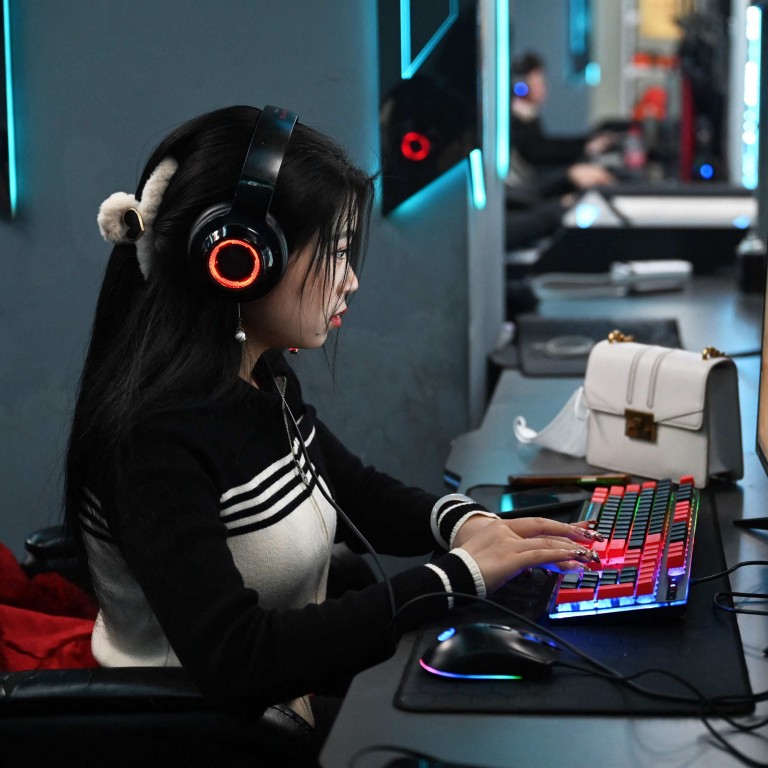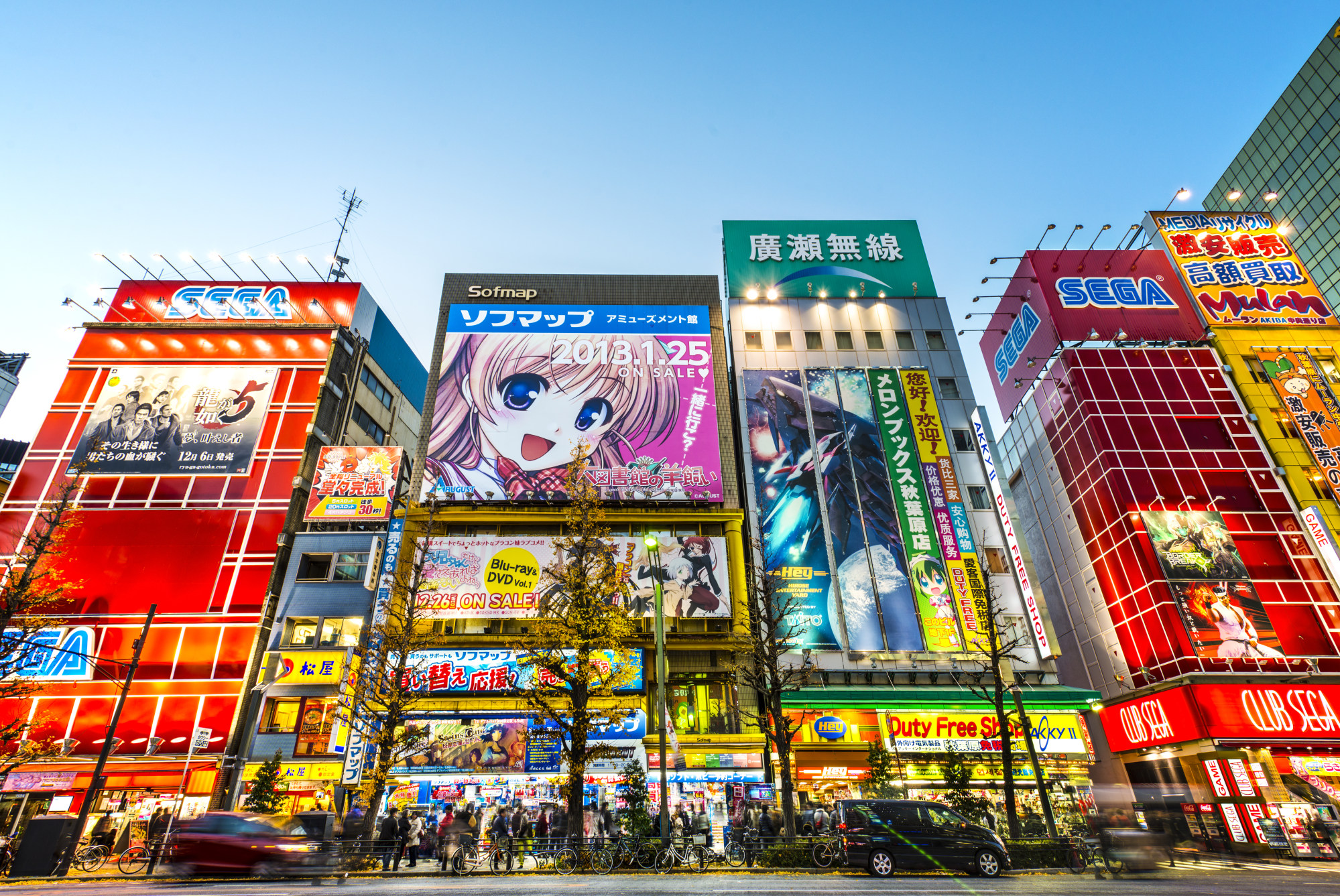
Video games are not just a commercial gold mine – they can be a force for good
- Long viewed as childish entertainment at best and an addictive pursuit at worst, gaming is now recognised as a serious moneymaker
- The concept of gamification, however, has highlighted the potential for wider application of game design, while the enthusiasm of gamers can be channelled for social causes
Another gamer broke a three-year-old record to win an iconic game, Mike Tyson’s Punch-Out, faster than anyone else – after over 20,000 attempts – in October.
However, the nature of the gaming industry and the perceptions surrounding it are changing. Gaming has the potential to transform lives and be a tool for social good, which could elevate it to being more than just a leisure activity.
Undeniably, companies in China, Japan and South Korea have had their skin in the game, so to speak, for a long time, exerting significant commercial dominance.

For instance, researchers in South Korea’s Yonsei University are developing a method to detect developmental disabilities in children using a game available on the iOS and Android app store.
Gamification can increase levels of engagement in classrooms, and is being used to help build good personal habits too. Developers are creating apps that employ gaming features that will reward you with virtual coins, discount coupons or surprise gifts from spin-the-wheel- type lotteries, all for keeping track of and paying off your credit card bills, sticking to your fitness goals, and helping you develop your decision-making and problem-solving skills.
Businesses are also using it to build a loyal clientele. Case studies have shown that the novelty of gamification lasts longer in Asia. Retailers are making the most of this, employing virtual gamified experiences to attract customers. In Southeast Asia, e-commerce company Lazada, for instance, has integrated various mini-games and discounts into the online shopping experience.
This is not without its flip side. Consumers could tire of playing games to shop and serious gamers may not find them challenging or rewarding. Nevertheless, gamification of this kind is now a growing trend.
Finally, gamers are not just playing for money, glory, fame or even their own enjoyment any more, but to support various social causes. Awesome Games Done Quick (AGDQ) is a gaming marathon that brings together star gamers to raise money for charity. This year, they raised US$2.5 million for the Prevent Cancer Foundation.
Think video games are bad for kids? They may actually improve brain function
And sometimes the community comes together to create awareness and forge connections. For example, Checkpoint Gaming is a nationally syndicated video game radio show, based out of Melbourne, Australia and run by gamers. In addition to the latest gaming news, they discuss mental health, sexuality, diversity and the importance of LGBTQ representation.
It’s clear that gaming has long moved beyond providing mere entertainment to being serious business. Its potential as a force for good is only starting to be tapped.
Kamala Thiagarajan is a freelance journalist based in Madurai, southern India

